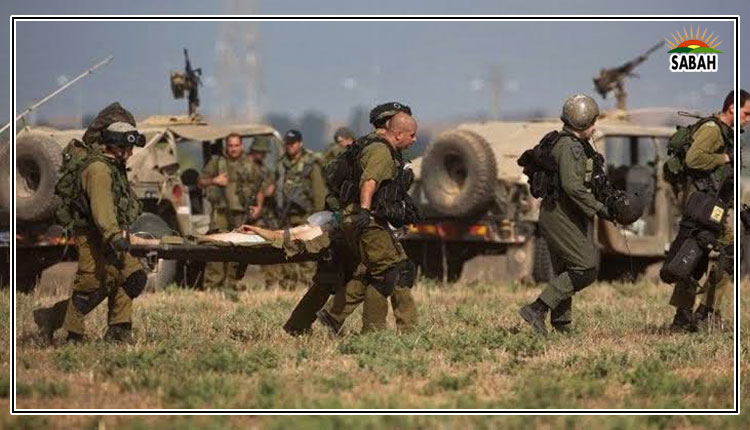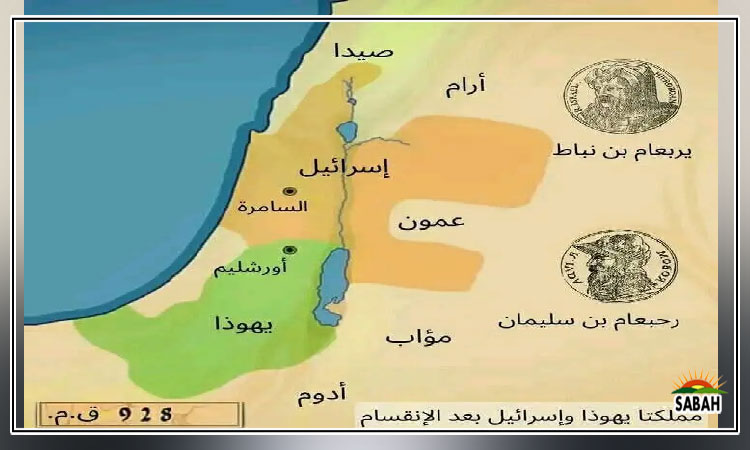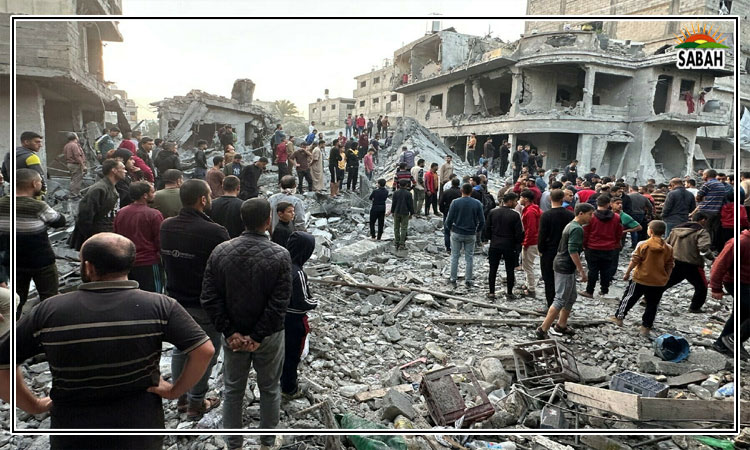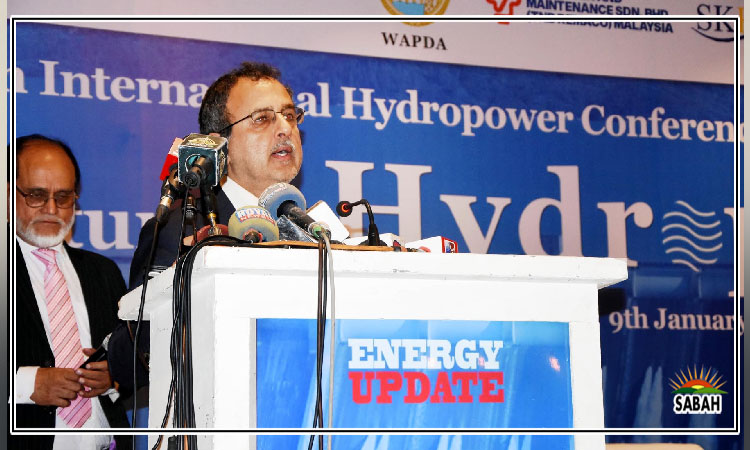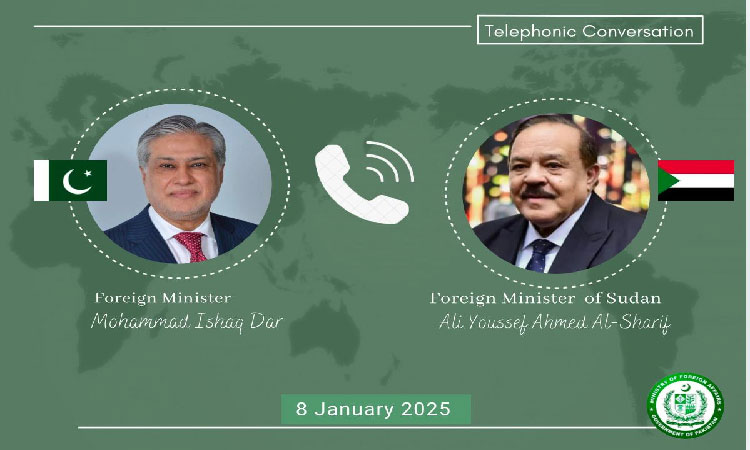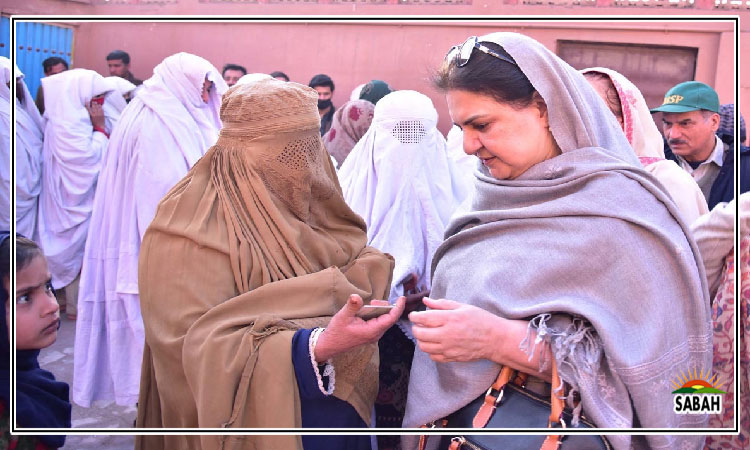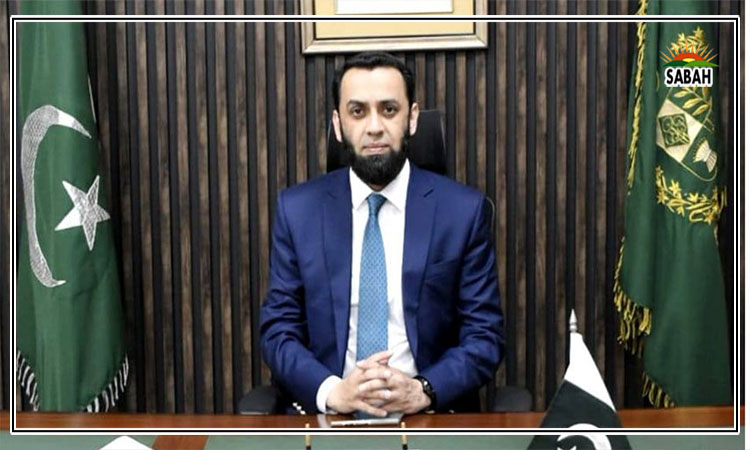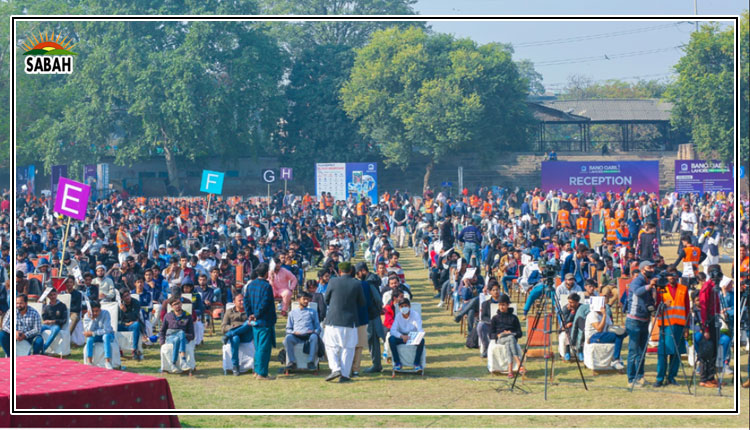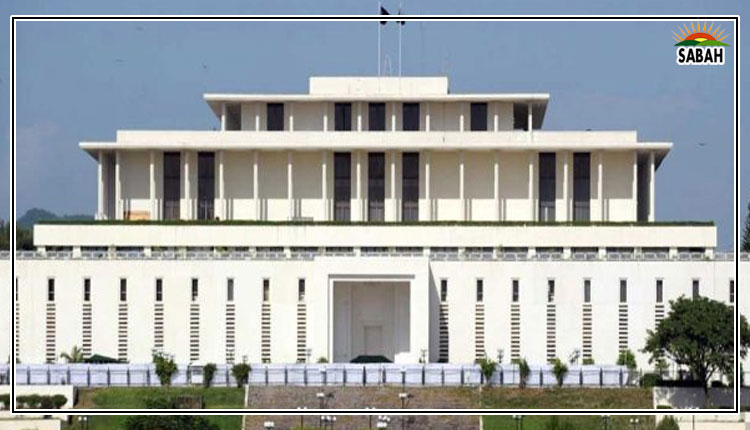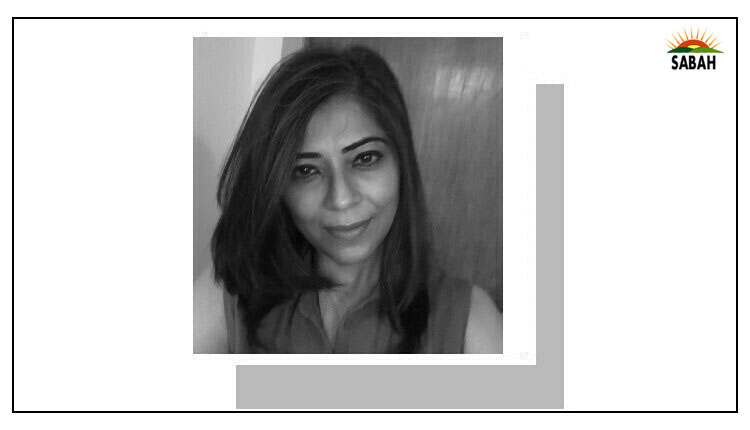Family at high noon…Arifa Noor
FREE of the burden of defending and explaining government policies and actions, Khawaja Asif spoke candidly about his own party. In a recent interview, he agreed the senior leadership of the PML-N the Sharif brothers needed to be in Pakistan.
Once ministries are not weighing down our politicians, they are more attuned to the mood of the street, than when they have cabinet meetings to attend.
Silently many of his party members would perhaps agree. For the party seems to be in limbo, while other parties such as the PPP and JUI-F are kicking off political activities, despite the shrinking political space. The PTI is doing little because it is struggling to survive the states onslaught, and the PML-N seems equally paralysed but without good reason.
All the latter seems to have for the moment is a slogan which harks back to the past: Nawaz Sharif as prime minister and the glorious era that was the 2013-2018 term. For obvious reasons, the party doesnt want to own the past 16 months but convincing the people of this remains an uphill battle.
If this were the only challenge the PML-N faced, it may still have found an answer. Instead, it is struggling with much more. First, there is little clarity or belief in Nawaz Sharifs return, despite the partys promises and announcements about the date. And even if he does, his future remains far from clear.
While his campaigning is a necessary condition for the partys performance in the coming election, few are confident he can become prime minister again. For the whispers (similar to the proclamations about the PTI) are that the elder Sharif may have the maqbooliyat but not necessarily the qabooliyat. If they are true then the conclusion is the young brother is likely to find the doors to the prime ministers house open and not the elder one.
And ordinary mortals have heard these rumours as has the family itself; loud pronouncements from the likes of Javed Latif and Asif Kirmani about how only Nawaz Sharif will be the partys leader and prime minister testify to this. Hence, one is forced to wonder why he would return simply to win the election and hand over government to whoever is in charge, once Shehbaz Sharif is prime minister.
What internal divisions will mean for the PML-N is anyones guess.
Along with this comes the challenge of winning an election. By all accounts, the PML-N is not in a strong position in Punjab and even with Nawaz Sharifs presence, is counting on help to win the election. But this help is also said to be aiming for a coalition government if we get to elections. So once again, why would the senior Sharif get his hands dirty? He already considers himself as separate from his party which entered the coalition government in 2022.
Third, the party itself is divided between those who want the pragmatic Shehbaz Sharif to be in power, allowing them to stay on the right side of the help and those who believe only Nawaz Sharif can run the party and government. What these divisions will mean for the party in case the distance within the family grows is anyones guess.
But there is more to the Ns woes than just sibling rivalry. And for this fourth challenge, a slice of boring recent history must be recounted.
The PML-N journey since its inception has seen many twists and turns. The right-wing party which first emerged to challenge the PPPs domination of Punjab worked hard to burnish its image post-2008. Obviously, the party wanted to put its 1997 term behind it, when its government picked fights with the judiciary and media and attempted to push through the amirul momineen law.
The principled decision to support the judiciary in 2009 as well as woo liberal sections of society (especially in Lahore) were the beginning. By 2013, these efforts picked up pace; the party brought forth many parha likha (educated) types, while it also kept the more traditional politicians close. As Maryam Nawaz began playing a role in the party, many women came to the fore. There were other meaningful gestures to try and cultivate this new image.
Nawaz Sharif, as prime minister, celebrated Holi and director Sharmeen Obaid-Chinoys film on honour killings was shown at the PM House. Such efforts helped it win over those who once saw the PPP as a progressive option.
But then came the twist which spares no popular prime minister; Nawaz Sharif was sent home. As in 1999, this was a difficult time for the party: allegations, investigations and prison time for its stalwarts. Opposition time is difficult for the PML-N for other reasons too.
All this led to a vote of no-confidence and the PDM government. But a compromised tenure led to regression on the very issues the Noonies had been at pains to craft a new image on.
The partys image as one which cared about human rights, freedom of expression and other liberal values took a beating as it owned up to the excesses committed during these past 16 months.
This was brought home when the information minister responded to a question about Imran Riazs disappearance by arguing he wasnt a journalist and when the interior minister justified arrests and the use of force against protesters. Then came the bulldozing of legislation in parliament.
But there is another angle to this image building (and later destruction). The sidelining of educated professionals such as Mohammad Zubair and more so the reprehensible manner in which Ishaq Dar replaced Miftah Ismail simply reinforced the perception of the party being a family enterprise, which the PML-N had distanced itself from earlier.
This, too, disillusioned a number of the supporters the PML-N had won over since 2008. Indeed, these past 16 months have ensured the PML-Ns face is the Sharif family, along with people such as Rana Sana and Javed Latif, instead of, say, Shahid Khaqan Abbasi or younger, educated people.
Eventually, this reversal will prove the hardest to address in a country full of young people looking for change. Especially as the Sharifs seem to think the existential challenge for the party and the family has the same answer.
Courtesy Dawn


